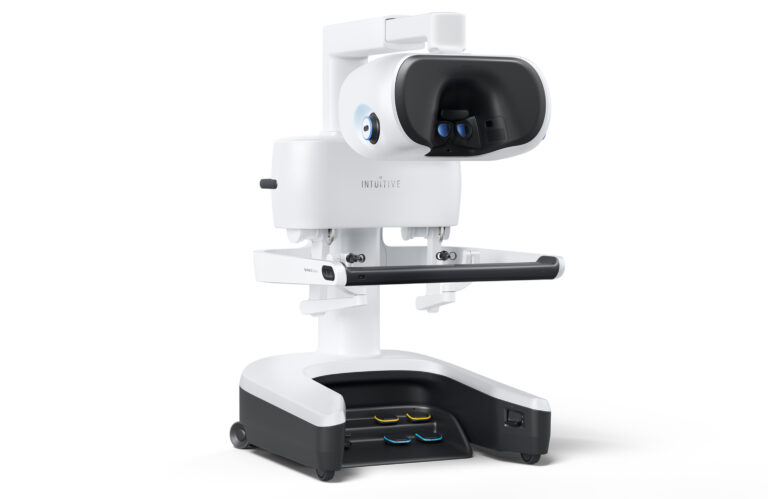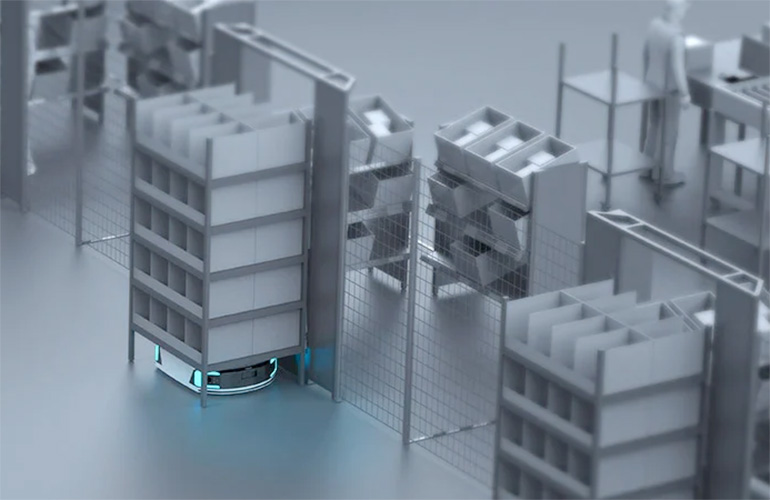Companies Olympus Corporation and investment fund Revival Healthcare Capital have announced the creation of a joint venture called Swan EndoSurgical Robotics aimed at developing innovative endoluminal robotic systems for diagnosis and treatment of gastrointestinal diseases (GI).
The project involves investments of up to $458 million, with control of the enterprise transferring to Revival, while Olympus retains the right to purchase the company at a predetermined price. The goal of the project is to improve existing methods of endoscopic examination of the digestive system, making procedures less traumatic and more efficient.
This new system promises to dramatically improve diagnostic quality for gastric and intestinal cancers thanks to increased precision during manipulations inside the patient's body. According to specialists, this technique will make doctors' work easier, reduce surgeons' workload, and improve patients' recovery after procedures.
This innovation opens great possibilities for medical practice. Until now, most modern endoscopies were performed manually, limiting doctors' abilities and reducing intervention effectiveness. Now, thanks to advances in robot-assisted surgery, there is hope for greater comfort for patients and fewer complications.
Interestingly enough, the appearance of robotic platforms in medicine is no longer unusual. For example, Intuitive Surgical, a renowned manufacturer of surgical robots, actively develops its product line. Their platform DaVinci has become a standard in surgical equipment. But competition is growing: new players offering unique solutions are entering the market.
Among them stands out the project of EndoQuest Robotics, developing its own endoluminal robotic system. Although it remains unclear how far both projects have progressed, serious investors and high market valuation indicate significant progress.
But what is the significance of these innovations globally? According to analysts, the worldwide market for robotic medicine will exceed $100 billion by 2030. According to McKinsey Global Institute data, the number of operations using robots increases annually by dozens of percent. New systems are changing perceptions of modern health care possibilities.
Today, medicine is moving towards personalized treatment methodologies where high-tech tools capable of precise impact on affected organs take center stage. Robotic systems fit perfectly into the concept of future medicine, making possible treatments previously considered impossible.
Of course, any innovation requires thorough testing and certification. Regulation of medical devices is strictly controlled by international organizations such as the FDA in the USA and Roszdravnadzor in Russia. Any changes in this field undergo lengthy testing and clinical trials.
Summing up, the beginning of cooperation between Olympus and Revival heralds a new era in the development of robotized endoscopy. Despite many steps ahead and necessary research, this initiative is already generating enormous interest among the medical community and is a significant contribution to the advancement of 21st-century medicine.


















